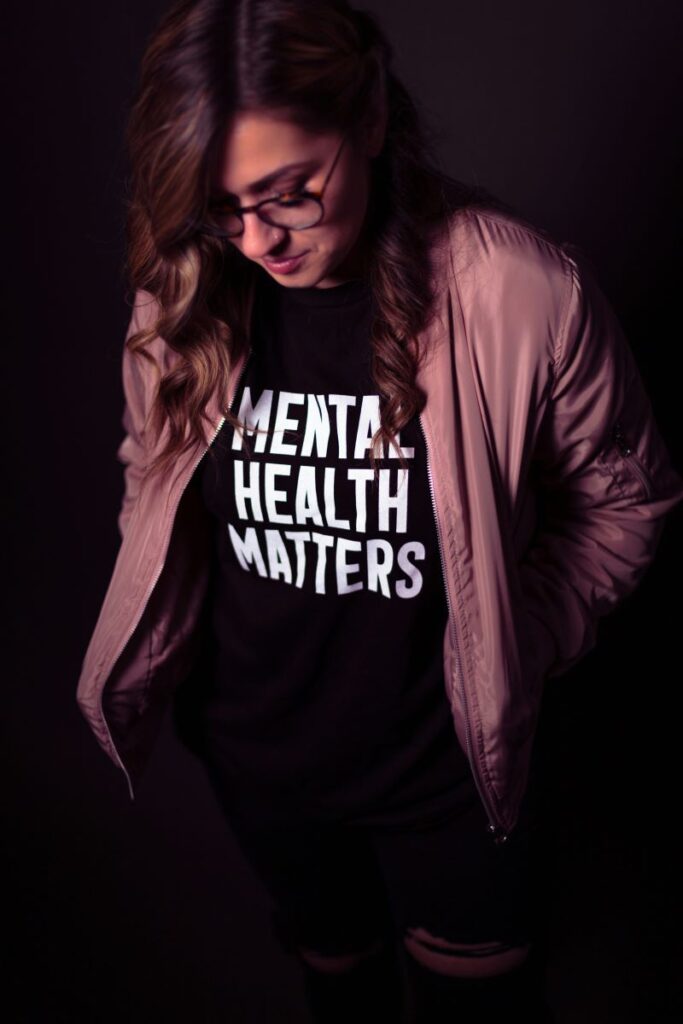Supporting a friend or loved one who is struggling with their mental health can be challenging, but small gestures of care and understanding can make a significant difference. As members of the National Society of Collegiate Scholars (NSCS), you have access to valuable resources from our partner, Active Minds—a nonprofit dedicated to promoting mental health awareness among young adults.
Recognizing the Signs of Struggle
It’s crucial to be aware of the signs that someone may be experiencing mental health challenges. According to Active Minds, key indicators include:
- Withdrawal from activities: Avoiding social events, clubs, or responsibilities they once enjoyed.
- Changes in behavior: Noticeable shifts in sleep patterns, appetite, or ability to concentrate.
- Expressions of hopelessness or irritability: Talking negatively about themselves or showing mood swings.
Everyone’s experience is different, so trust your instincts if you feel something is off. (Source: Active Minds)

How to Approach Someone You’re Concerned About
Approaching a friend about your concerns can feel intimidating, but it’s important to be compassionate and non-judgmental. Here are some suggestions from Active Minds:
1. Choose a calm, private moment: Ensure you’re in a comfortable and safe setting.
2. Use gentle language: Express your concern with “I” statements, like, “I care about you and have noticed you seem down. How can I support you?”
3. Listen actively: Give your full attention and focus on what they’re saying, without trying to “fix” their problems. Simple affirmations, like “I’m here for you,” can be powerful.
4. Encourage professional support: Suggest they consider talking to a counselor or mental health professional and offer to help find resources if they’re interested.
5. Stay connected: Check in with them regularly to show you care and are there for them.
Your role is to support and listen, not to provide solutions or therapy. Sometimes, just being present is enough. (Source: Active Minds)
How the Holidays Can Impact Mental Health
The holiday season can be stressful for many students, especially as it coincides with finals and family-related pressures. Some may struggle with the anticipation of returning home to challenging environments, while others may feel isolated if they can’t travel to see loved ones. Academic stress can also be a significant factor.
Being aware of these potential challenges can make you more empathetic and prepared to offer support. Simple actions like inviting a friend to join a holiday celebration or offering to study together can help someone feel less alone during this time.
Taking Care of Yourself
Supporting someone through their mental health struggles can be emotionally exhausting. It’s important to prioritize your own well-being, too. Practice self-care, connect with friends, or seek professional help if you need it. As Active Minds emphasizes, taking care of your own mental health enables you to be a better source of support for others.
For additional resources and guidance, visit Active Minds. Through our partnership with Active Minds, NSCS aims to foster a supportive and informed community where mental health is openly discussed and valued.
